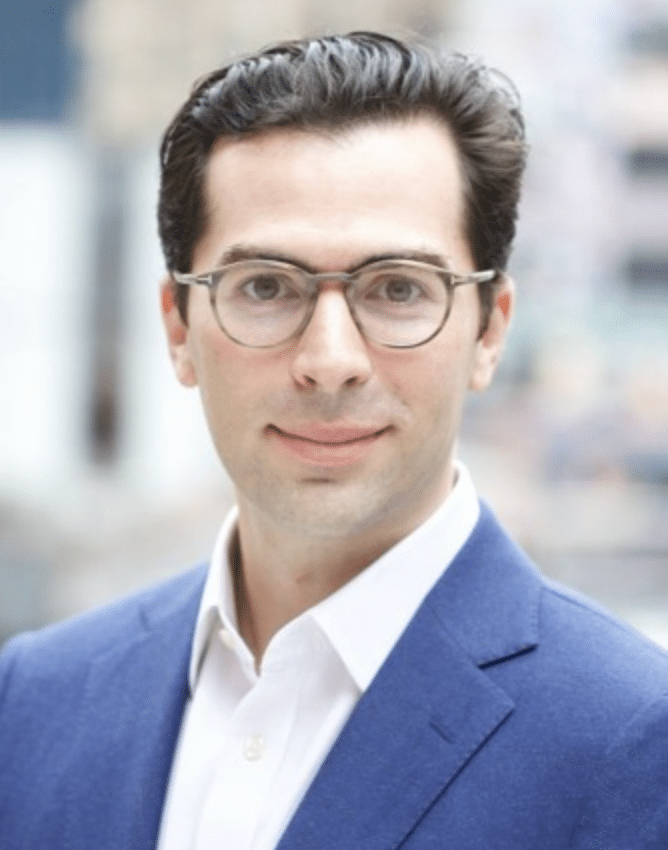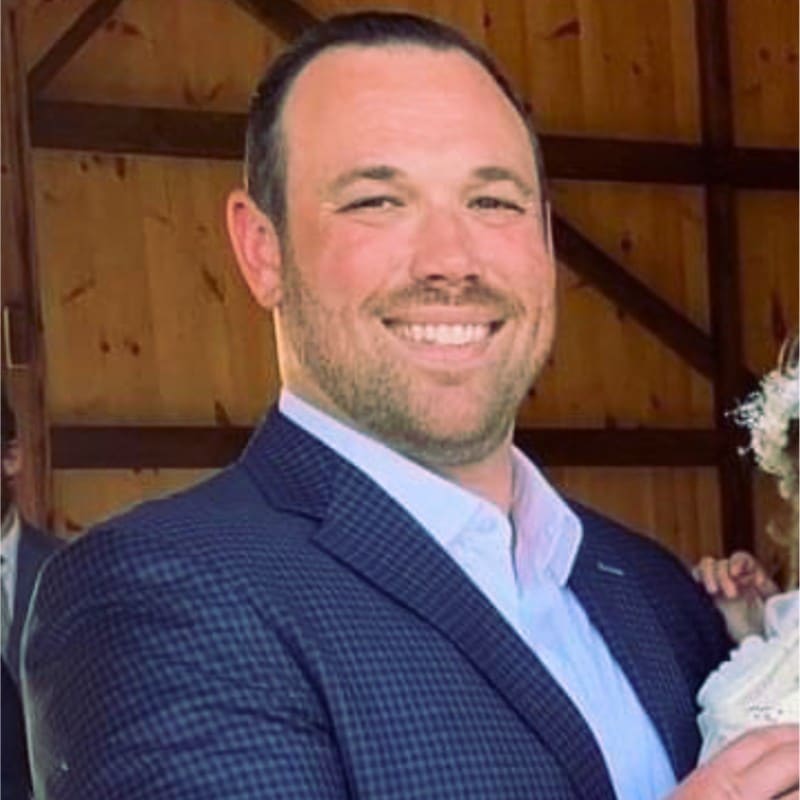Best execution has long meant different things to different firms, and it remains a hot topic as it was discussed on February, 16, at the STA Florida’s 42nd Annual Conference.

During the panel discussion: Electronic Trading (Equity): Catch the Wave of Innovation, a number of the variables pertaining to best execution were discussed. The panel was moderated by David Cannizzo, Head of Electronic Trading at Raymond James.
The panel moderator David Cannizzo, Head of Electronic Trading at Raymond James, said that there has been a shift from high to low touch trading, thanks to the advent of a lot of different tools and technologies such as algo wheels, and automation processes, and even AI. He asked the panelists how to balance high touch versus low touch and if innovation helps them drive their decision making.
Jesse Greif, COO, OneChronos, commented that at OneChronos they are trying to optimize to create the best outcomes.
“If I survey 200 institutional traders and I ask them, “What does best execution mean to you?” – I’ll certainly get different answers. The things that will probably float to the top are market impact, adverse selection, price and size improvement, and quote stability. Our view is that we should simply optimize to create those outcomes,” he said.

“I’m not hearing speed as a common response to that question. and if I do hear speed, I might poke a little bit further to say ‘do you really mean speed are do you mean speed as a proxy for those best ex ingredients?”
“We can’t satisfy everything for everybody. But from our perspective, if this is what the people are saying, let’s give the people what they want,” he said.
According to Brett MacLeod, TCA Specialist at Abel Noser, a division of Trading Technologies, best execution, a process by which stakeholders ensure actions taken are within the rules and to the clients’ benefit, has an implied obligation to research new techniques, and when successful, exploit them.
“This implication goes beyond the explicit “regular and rigorous” review guidance issued by regulators and seeks to truly act within the clients’ best interest,” he said.
The panel also discussed the ongoing trend of margin compression, driven by regulatory changes, technological advancements, and shifting client preferences.

When asked if AI is genuinely enhancing their business or improving their client experience, Greif said that AI is not for everybody and not for every firm.
“It’s also not for every part of the process. Dependent on the application, AI can sometimes be too sophisticated for folks to be able to explain well to ourselves, to customers, and potentially to regulators,” he said.
“Beyond best execution, deriving insight from TCA can be challanging, involving an array of consultation and evaluation. This is where there is an open door for AI,” added MacLeod.



